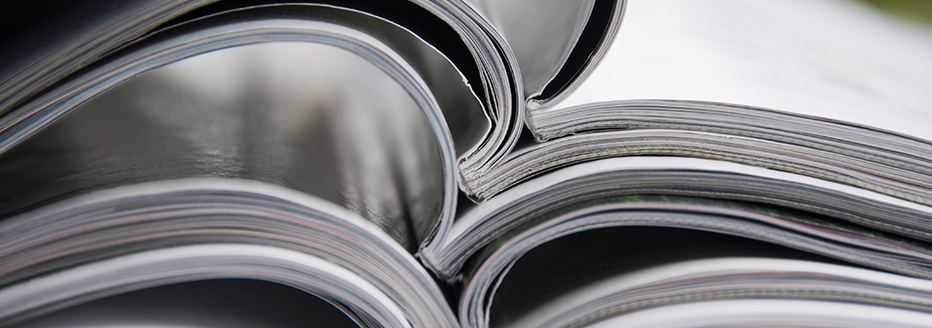Sustainability
Sick, N., Nienaber, A., Liesenkötter, B., vom Stein, N., Schewe, G. and J. Leker (2016) The legend about sailing ship effects – Is it true or false? The example of cleaner propulsion technologies diffusion in the automotive industry, Journal of Cleaner Production, 137: 405-413.
The global automotive industry is faced with major technological change in the field of propulsion systems. Due to low carbon emission regulations and a rising societal demand for sustainability, original equipment manufacturers (OEMs) are forced to innovate either in the conventional technology or in the technological alternatives such as electric drives or fuel cells. However, OEMs are only marginally switching to electromobility so far, but rather incrementally innovating traditional technologies. This behaviour can be described as sailing ship effect which contains the reaction of an old technology to a new technology by fostering innovation in the old technology. Firstly, the present study contributes to the discussion in literature on the sailing ship effect by combining its underlying ideas and consequences with the rationales of path dependence to demonstrate that such a behaviour may be individually economical rational. Based on these considerations, we respond to the call for further empirical investigation of the sailing ship effect. We show patent-based evidence that there has been a temporary sailing ship effect in the automotive industry concerning traditional and emerging propulsion systems and discuss implications for corporate technology strategy and policy.

